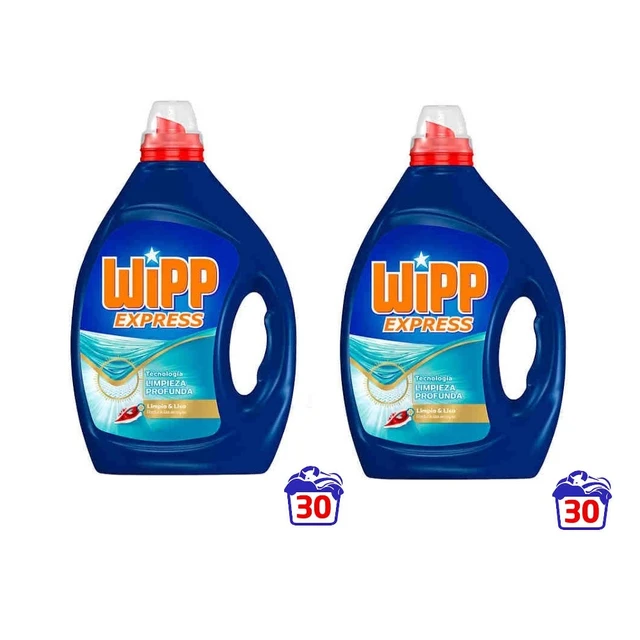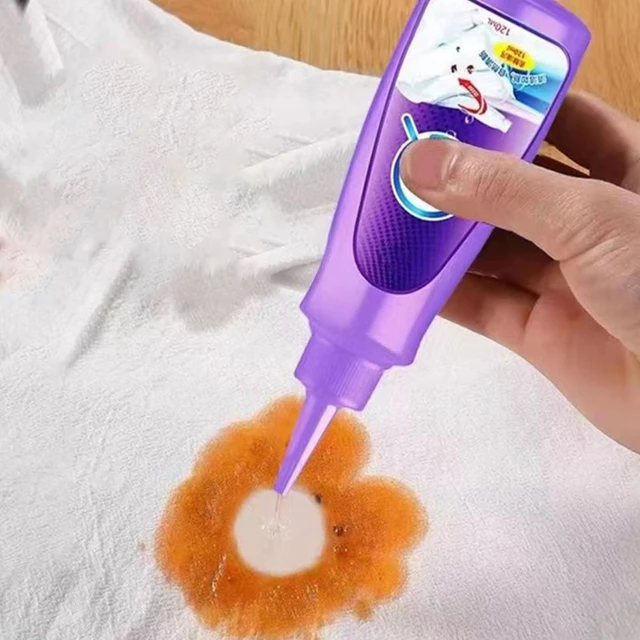 Introduction:
Introduction:
Laundry detergent is an essential household product that keeps our clothes clean and fresh. However, over time, you may wonder if it can go bad and if it’s safe to use expired detergent. In this comprehensive guide, we will explore whether laundry detergent can go bad and provide insights on its shelf life, signs of spoilage, and best practices for storage. By understanding these factors, you can ensure effectiveness and safety, ensuring clean and fresh laundry every time.
 Here are the common materials found in laundry detergent:
Here are the common materials found in laundry detergent:
It is made up of various ingredients that work together to clean and remove stains from clothes. Here are the common materials found in laundry detergent:
Surfactants:
Surfactants are the primary cleaning agents in laundry detergent. They help to remove dirt, oil, and stains by reducing the surface tension of water, allowing it to penetrate fabric fibers more easily. Surfactants can be synthetic, like alkylbenzenesulfonates or alcohol ethoxylates, or natural, such as soap derived from plant or animal fats.
Builders:
Builders are added to it to enhance the cleaning process. These substances soften water, which improves the effectiveness of surfactants and helps prevent mineral deposits on clothes. Common builders include sodium carbonate (soda ash), sodium tripolyphosphate, or zeolites.
Enzymes:
Enzymes are naturally occurring proteins that break down specific types of stains, such as proteins, starches, or fats. Examples of enzymes used in laundry detergents include protease (for protein-based stains), amylase (for starch-based stains), and lipase (for oil and grease stains).
Bleaching Agents:
Some laundry detergents contain bleaching agents to remove tough stains and brighten whites. Sodium percarbonate or sodium perborate are commonly used as oxygen-based bleaching agents, which release active oxygen in water to break down stains.
Fragrances:
Fragrances are added to laundry detergents to provide a pleasant scent to freshly laundered clothes. These fragrances can be a combination of natural or synthetic compounds.
Optical Brighteners:
Optical brighteners are chemicals that absorb ultraviolet light and emit blue light, making clothes appear whiter and brighter. These additives are often used in laundry detergents to enhance the appearance of white or light-colored fabrics.
Stabilizers and Preservatives:
Stabilizers and preservatives are added to detergents to ensure product stability and longevity. These ingredients help prevent the growth of bacteria or mold in the detergent, allowing it to remain effective over time.
It is important to note that the specific composition of laundry detergent can vary between brands and products. Some detergents may also include additional ingredients like colorants, fabric softeners, or anti-static agents. Always refer to the product label or manufacturer’s information for a detailed list of ingredients in a particular laundry detergent.
 Understanding the Shelf Life
Understanding the Shelf Life
Liquid Detergent:
Liquid laundry detergents typically have a shelf life of about one year.
However, this can vary depending on the brand and specific ingredients.
Powder Detergent:
Powder laundry detergents, when stored properly, can remain effective for up to two years.
Proper storage conditions are crucial for maintaining their efficacy.
Signs of Spoiled Laundry Detergent
Changes in Texture and Appearance:
Spoiled or expired laundry detergent may show visible signs of clumping, separation, or a watery consistency.
These changes indicate a loss of effectiveness and possibly spoilage.
Foul Odor:
A strong, unpleasant odor is a significant sign of spoiled laundry detergent.
If the detergent smells off or rancid, it is best to discard it and use a fresh one.
Ineffectiveness in Cleaning:
Expired or spoiled laundry detergent may not effectively remove stains or clean clothes as it should.
If you notice that your clothes are not coming out as clean as usual, it could be a sign that the detergent needs to be replaced.
Factors Affecting Detergent Shelf Life
Exposure to Moisture:
Moisture is the enemy of laundry detergent and can cause clumping, spoilage, and a decreased shelf life.
Store your detergent in a dry environment and use airtight containers if necessary.
High Temperatures:
Heat can accelerate the breakdown of detergent ingredients, rendering the detergent ineffective.
Avoid storing laundry detergent in areas with high temperatures, such as near a radiator or in direct sunlight.
Contamination:
Cross-contamination from using dirty scoops or wet hands can introduce bacteria into the detergent, leading to spoilage.
Always use clean and dry utensils when handling detergent and dispose of any contaminated portions.
Packaging Integrity:
Damaged or compromised packaging can expose the detergent to external factors, such as moisture or contaminants.
Inspect the packaging for leaks, tears, or damage before purchasing or storing detergent.
 Here are some potential risks:
Here are some potential risks:
Using expired or deteriorated laundry detergent can have several hazards and negative effects. Here are some potential risks:
Reduced Cleaning Power:
Over time, the active ingredients in laundry detergent can degrade or lose their effectiveness. This can result in the detergent’s reduced ability to effectively remove stains, dirt, and odors from clothing and linens. Using expired or deteriorated laundry detergent may lead to unsatisfactory cleaning results and require re-washing or alternative methods to remove stains.
Skin Irritation:
Expired or deteriorated laundry detergent may contain ingredients that have broken down or become unstable, potentially causing skin irritation or allergic reactions. This is particularly concerning for individuals with sensitive skin or allergies. Contact with compromised laundry detergent can lead to skin redness, itching, rashes, or even more severe allergic reactions.
Offensive Odor:
Expired laundry detergent can develop a stale or rancid odor. Rather than leaving clothes smelling fresh and clean, using deteriorated detergent may result in an unpleasant and lingering odor on the garments, which defeats the purpose of washing them in the first place.
Residue Build-up:
Expired or deteriorated laundry detergent may not rinse out properly, leaving behind a residue on clothes and in the washing machine. This residue can accumulate over time and cause discoloration, stiffness, or a dingy appearance on fabrics. Additionally, the residue can build up in the washing machine’s drum, pipes, and filters, potentially leading to reduced machine efficiency and malfunctions.
Environmental Impact:
Using expired or deteriorated laundry detergent can have negative environmental consequences. The ingredients in deteriorated detergents may not break down properly in water systems, polluting water sources and harming aquatic life. It is always recommended to dispose of expired or unusable laundry detergent safely and in accordance with local regulations.
To avoid these hazards, it is important to regularly check the expiration date of laundry detergent and properly store it in a cool, dry place. If the detergent is expired or shows signs of deterioration, it is best to discard it and use a fresh product to ensure effective cleaning, skin safety, and environmental responsibility.
Best Practices for Laundry Detergent Storage
Proper Sealing and Closure:
Ensure that the detergent container or packaging is tightly sealed after each use to prevent moisture from entering.
Use the original packaging or transfer the detergent to airtight containers for long-term storage.
Cool and Dry Storage:
Store laundry detergent in a cool, dry place away from direct sunlight and extreme temperatures.
A pantry or laundry room cabinet is usually a suitable storage location.
First-In, First-Out Method:
To ensure that you use detergent before it reaches its expiration date, practice the first-in, first-out method.
Arrange your detergent containers or bottles in such a way that the oldest ones are used first.
 Conclusion:
Conclusion:
Laundry detergent does have a shelf life, and expired or spoiled detergent may not effectively clean clothes. By understanding the signs of spoilage and following recommended storage practices, you can ensure the effectiveness and safety of your laundry detergent. Store it in a cool, dry place, avoid exposure to moisture and high temperatures, and use proper containers to maintain its longevity. Regularly inspect the detergent for changes in texture, appearance, and odor. When in doubt, it is best to replace expired or spoiled detergent to maintain the quality of your laundry. With proper storage and usage, you can enjoy clean and fresh clothes every time you do your laundry.
